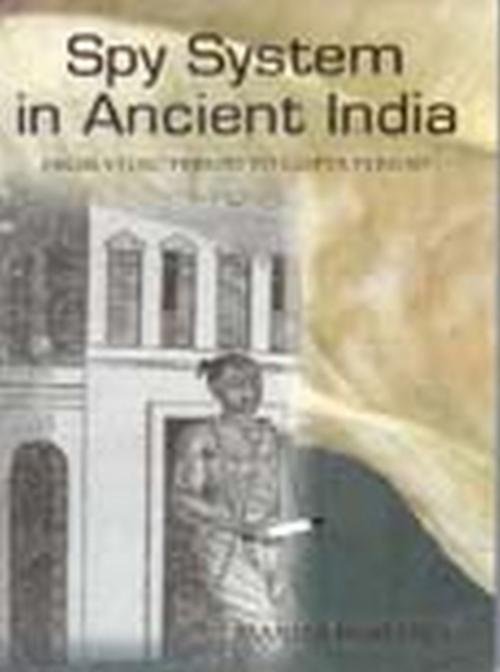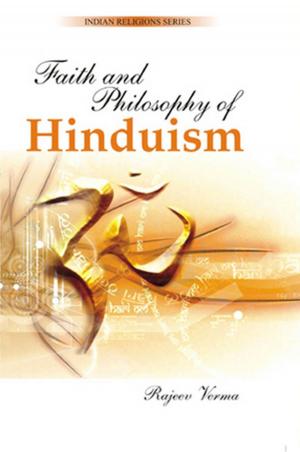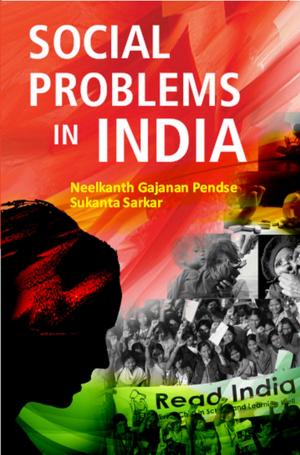| Author: | Manila Rohatgi | ISBN: | 9789351287537 |
| Publisher: | Kalpaz Publications | Publication: | June 30, 2007 |
| Imprint: | Kalpaz Publications | Language: | English |
| Author: | Manila Rohatgi |
| ISBN: | 9789351287537 |
| Publisher: | Kalpaz Publications |
| Publication: | June 30, 2007 |
| Imprint: | Kalpaz Publications |
| Language: | English |
In India, the system of espionage is as old as the Rigveda. It has developed into a sophisticated political art. 'Spies are the eyes of Kings' is a proverbial saying current among the people from time immemorial. In her work, the author has emphasised on the existence of spy system from the early vedic period. The spies seem to have been largely employed then not merely to ascertain validity or invalidity in the statements of parties and witnesses, but also to gather correct and reliable information as to the movements of tribal settlements of inimical tendency or disposition. It is an indispensable adjunct of foreign policy and also an important instrument of serving the government. Kautilya envisaged a well-knit system of espionage. The author has included a separate chapter on diplomacy and diplomatic agents. As spying and diplomacy work together and the duties and functions of spies and diplomats overlap and coincide. The ancient Indian spy system was so developed and organised that till today, it is a perennial source of inspiration and more useful basis for the modern intelligence system. This book will be useful not only to readers for History but scholars working in the field of Political Science, Military Science, Administration, Diplomacy etc. Moreover, it is a treasure house of important information for the students preparing for competitive examinations. It is a learned attempt for the in-depth.
In India, the system of espionage is as old as the Rigveda. It has developed into a sophisticated political art. 'Spies are the eyes of Kings' is a proverbial saying current among the people from time immemorial. In her work, the author has emphasised on the existence of spy system from the early vedic period. The spies seem to have been largely employed then not merely to ascertain validity or invalidity in the statements of parties and witnesses, but also to gather correct and reliable information as to the movements of tribal settlements of inimical tendency or disposition. It is an indispensable adjunct of foreign policy and also an important instrument of serving the government. Kautilya envisaged a well-knit system of espionage. The author has included a separate chapter on diplomacy and diplomatic agents. As spying and diplomacy work together and the duties and functions of spies and diplomats overlap and coincide. The ancient Indian spy system was so developed and organised that till today, it is a perennial source of inspiration and more useful basis for the modern intelligence system. This book will be useful not only to readers for History but scholars working in the field of Political Science, Military Science, Administration, Diplomacy etc. Moreover, it is a treasure house of important information for the students preparing for competitive examinations. It is a learned attempt for the in-depth.















